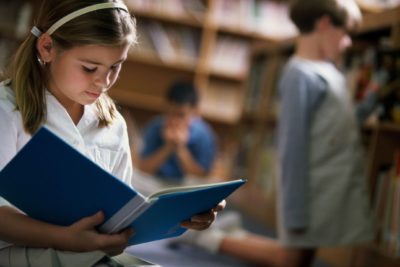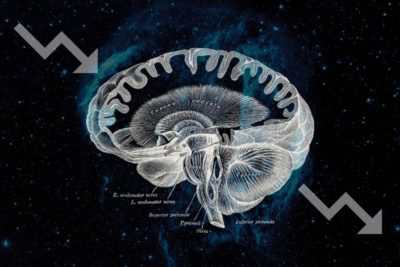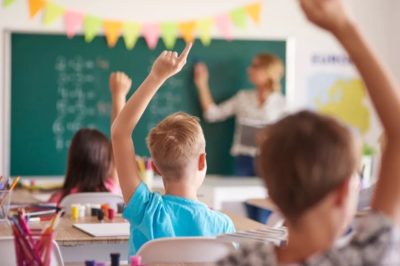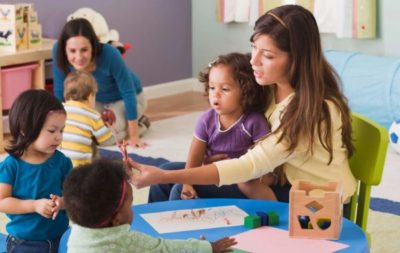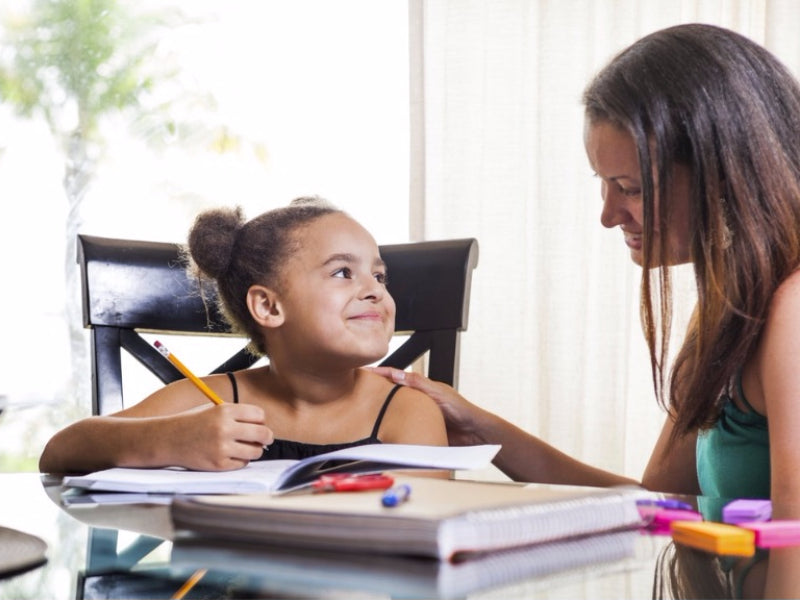Research -- StepUp to Learn
Study Reads Between the Lines in Children's Vocabulary Differences
Insight into how infants learn to walk
‘Mind’s eye blink’ proves ‘paying attention’ is not just a figure of speech
When your attention shifts from one place to another, your brain blinks. The blinks are momentary unconscious gaps in visual perception and came as a surprise to the team of Vanderbilt psychologists who discovered the phenomenon while studying the benefits of attention
Brain activity buffers against worsening anxiety
Farsighted children struggle with attention
Researcher sheds new light on how brain operates like GPS
“We have not had a clear understanding of what happens when you step out of a subway tunnel, take in your surroundings and have that moment where you instantly know where you are,” Wilber said. “Now we’re getting closer to understanding that.”
Boost Your Preschoolers' Memory Skills
The Aleutian Islands are part of the state of Alaska. Many adults who read this little known fact may not be able to recall it later. Now, imagine asking 4- and 5-year-olds to learn and retain it. That’s exactly what researchers required of preschoolers in a new study exploring interactive learning and children’s memory.
Guided Play: Learning "Takes Shape" in Preschool
Building Brain Habits: Learning from Mistakes
- Previous
- Page 5 of 5
-
Next

